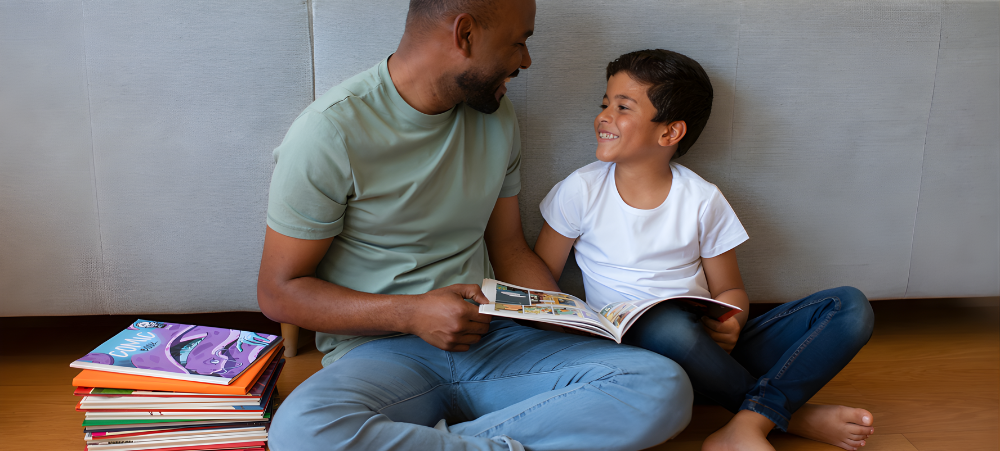Nelson Mandela famously stated that education is the most powerful weapon which you can use to change the world. At the same time however, our education system is in crisis. According to Cindy Glass, Co-Founder and Owner of Step Up Education Centres, “Negative behaviours such as aggression, bullying, disrespect toward teachers and peers, intolerance and demotivation seem to be hindering our children’s ability to learn effectively and this has resulted in the learning experience, in general, becoming one of distrust, anxiety, stress and misery. Our innate need to learn is being destroyed by negative human behaviours and relationships and this equates to an ever-increasing lack of empathy skills.”
She adds that it takes a village to raise a child and it is time that parents step in and step up to help change the way their children see themselves and the people in their world. The one life skill that she believes can change this is empathy. “This all-important life skill is the ability to identify with another person’s feelings and experiences. Empathy essentially allows children to ‘walk’ in another’s shoes and it teaches them to genuinely have respect for others, even in difficult circumstances. It teaches kindness, compassion and listening skills. Empathy teaches children to seek the good in others and to embrace differing beliefs and cultures. Empathy helps children to seek positive solutions to difficulties and challenges, without intending hurt for another. Just imagine the possibilities in learning if our children could master the skill of empathy!”
Cindy gives 5 helpful tips to teach your child to become more empathetic:
- YOU are your child’s first and longest-lasting teacher: Your child is more likely to do what you do, rather than what you say. It is up to you to model, instruct and expect your child to care about and behave respectfully toward others.
- Teach your child to express himself in a positive way: If he is upset, teach him to express the feelings he is experiencing in words so that a positive solution can be found. Allow uncomfortable conversations that need expression. Avoidance will lead to feelings of shame and even anger and this could lead to your child making negative choices in a bid to deal with suppressed emotions.
- Teach your child to allow others to express their feelings in the same way: This leads to listening skills. Teach your child to learn to listen to understand the other person without the need for defensive responses. Listen with an open, non-judgemental mind. Genuinely hear what others are saying.
- Strive to create a meaningful, face-to-face connection with your children: Social media has desensitised us in so many ways that meaningful, wholehearted human relationships are becoming rare! People make-up and break-up over the phone. Some of the most misunderstood arguments and hurtful words are given over a digitised device. Nothing can replace face-to-face positive human connection and relationships.
- Teach your children to value themselves, their strengths and their weaknesses: Remember that we are only able to treat others based on how we feel about ourselves. Teach them of their worthiness to love and be loved. Teach them the value of each human being walking the earth with them- do we not ALL share the same human spirit? Do we not all bleed, cry, smile and breathe in the same way? Just as you teach your children to respect themselves, so we MUST teach them to respect others, to choose kindness and to master the skill of empathy.
We understand that there are many aspects that encompass a Mother, Father or Child and strive toward providing resources and services that accommodates this.
Our content is aimed to inform and educate families on issues starting from pregnancy through to the challenges of the teen-age years.
- Tips for Breastfeeding in Public: Confidence and Comfort - November 20, 2025
- Eskort launches Kiddos: South Africa’s first pork range made just for kids - November 13, 2025
- Putting the Power of Learning in Learners’ Hands During Global Education Week - November 12, 2025





